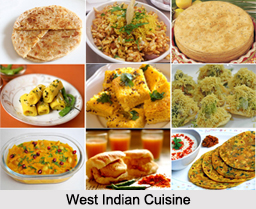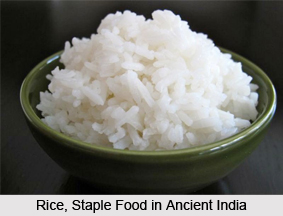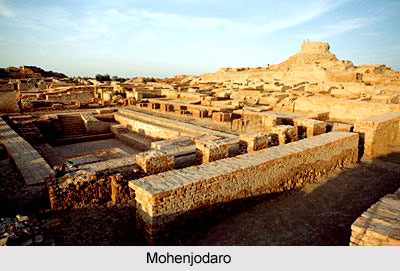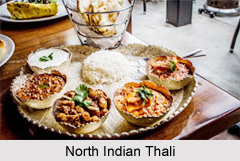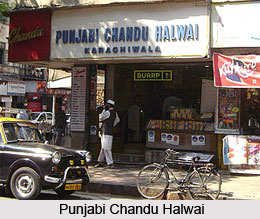 In 1896, Punjabi Chandu Halwai established its first shop in Karachi. Founded on the principles of uncompromising standards of quality and service, the business soon flourished. After the Partition of India in 1947, the business moved to Bombay and the company soon established itself as a reputable manufacturer of sweets and savouries in Bombay as well. The wide geographical network of centres has helped establish the company as the foremost sweetmeat manufacturer of Bombay. Generations of customers have come to trust the quality of this particular sweetmeat shop,
In 1896, Punjabi Chandu Halwai established its first shop in Karachi. Founded on the principles of uncompromising standards of quality and service, the business soon flourished. After the Partition of India in 1947, the business moved to Bombay and the company soon established itself as a reputable manufacturer of sweets and savouries in Bombay as well. The wide geographical network of centres has helped establish the company as the foremost sweetmeat manufacturer of Bombay. Generations of customers have come to trust the quality of this particular sweetmeat shop,
At a Punjabi Chandu Halwai outlet there is a mindboggling array of sweets, namkeens or even Fast Food. This with several forms of delightful packaging options ensures that they are the first choice of all consumers in the city whether they are homemakers or hard-nosed industrialists.Today, their sweets are appreciated all over the world! Their firm commitment to quality and value have held them in good stead. Some of their reputable customers are: Pepsi India, Lupin Laboratories, Crompton Greaves Ltd, Mahindra British Telecom, Philips India Ltd, Otis Elevators Ltd, Taj Air Caterers, Taj Mahal Hotel, Air India, Tandon Group of Companies etc.
They have also established their business overseas like Europe, the Middle East, the United States of America and many more. Punjabi Chandu Halwai has a strong administrative base built upon years of experience and goodwill. The company and associated concerns are administered with the common principles of quality of service, trust, reliability and excellence. The Company has a license from FDA, India.
Realizing the importance of information technology, the company was quick to adopt the computer as an administrative tool. The basic administrative functions like inventory control, sales and accounting and finance were computerized and are controlled by a LAN server. The company is also committed to providing value-added services using the latest information technology.
Over 150 varieties of sweets and snacks are produced at the factory, Chandu Bhavan. Always humming with activity, the factory lives up to the high standards the company sets for itself. With new products being added on a regular basis, innovation is constantly the need of the hour.
The products are broadly divided into these categories: Pistachios-Almond Cashew specialities, Halwa specialities, Malai specialities, Barfis and Pedas, Bengali sweets, North Indian sweets, etc.
